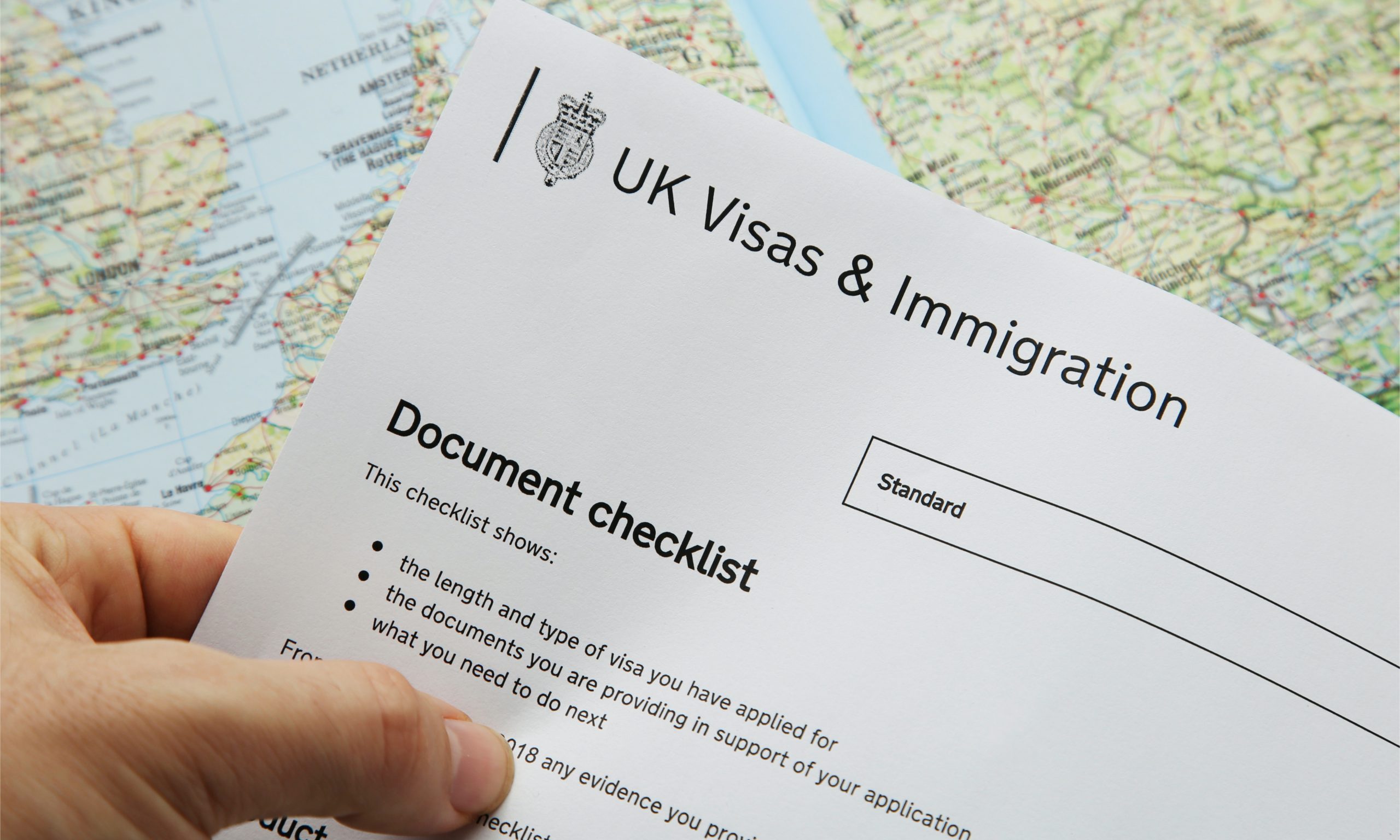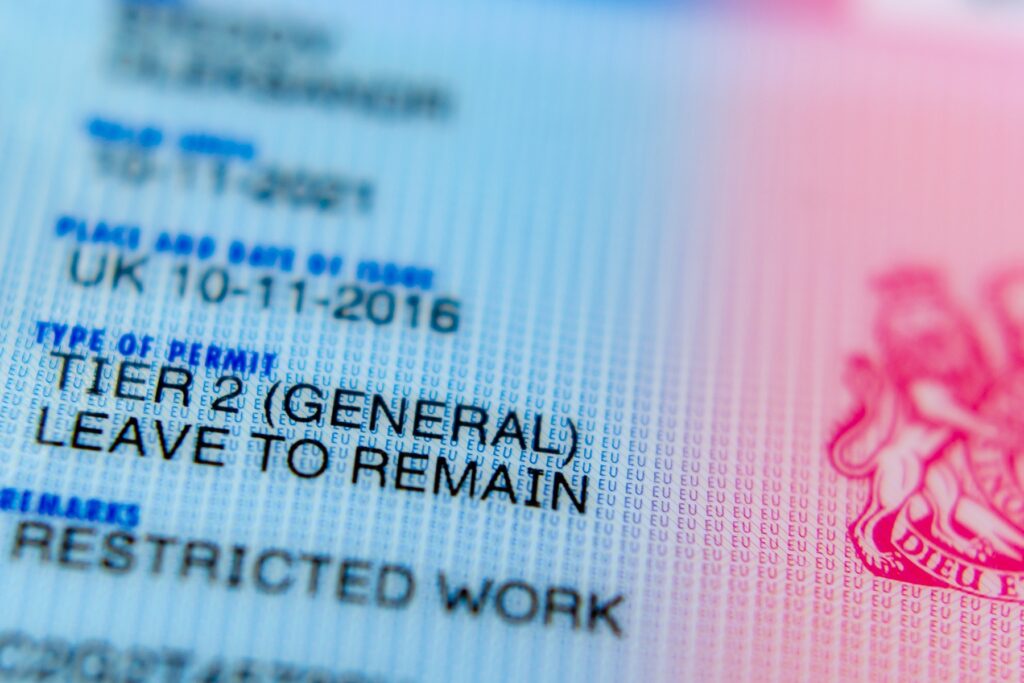
A sponsorship license is a type of authorization issued by the government to employers in certain countries, such as the UK, allowing them to sponsor foreign workers to come and work for their company. The license is issued by the UK Visas and Immigration (UKVI) department and is a requirement for employers who want to sponsor a foreign national for a Tier 2 visa. The purpose of this is to ensure that employers can meet their obligations as sponsors and to provide a secure and compliant route for foreign workers to come and work in the country. If someone wants to apply for a sponsorship license, the license holder is responsible for ensuring that their sponsored workers comply with the conditions of their visa, including maintaining the required level of earnings and reporting any changes in circumstances.
Why is it popular?

It is popular among employers for several reasons:
Access to a global talent pool: It allows employers to access a wider pool of talent from abroad, including skilled workers who may not be available domestically. This can be particularly useful for companies in industries with skills shortages or for those seeking to recruit highly specialized workers.
Attraction and retention of talent: Sponsorship of foreign workers can also help companies to attract and retain key talent, particularly if the sponsored worker has in-demand skills.
Cost-effective solution: Sponsoring workers through this route can be a cost-effective solution for companies, as they do not have to bear the expenses of relocating employees or pay the higher salaries that are often associated with overseas assignments.
Compliance with immigration rules: Obtaining it demonstrates that an employer is compliant with immigration rules and regulations, and can help to minimize the risk of immigration-related penalties or fines.
Overall, it offers many benefits for employers and is seen as a valuable tool for attracting and retaining top talent, as well as for meeting the demands of a globalized workforce.
Disadvantages

It has several disadvantages that are worth considering before applying for one. Some of the disadvantages include:
Cost: These can be expensive, with fees ranging from hundreds to thousands of pounds, depending on the length of the visa and the size of the sponsoring company.
Restrictions on employment: These place restrictions on the type of employment you can take up, and you may be required to remain with your sponsoring employer for a certain period.
Lack of flexibility: They can limit your flexibility to change jobs or work for multiple employers, as you may be required to obtain a new one each time you change employers.
Time-consuming process: The process of obtaining it can be time-consuming, require significant documentation and paperwork, and take several months to complete.
Immigration health surcharge: Sponsored individuals are required to pay an immigration health surcharge as part of their visa application, which can add significant costs to the overall process.
Maintenance requirements: Sponsored individuals are required to demonstrate that they have sufficient funds to support themselves while they are in the UK, which can be difficult for those who are just starting their careers or have limited financial resources.
Future immigration status: They do not provide a direct route to permanent residency or citizenship, and the sponsored individual may need to apply for additional visas in the future if they wish to remain in the UK.
What documents are needed?

To apply for it, the following documents are typically required:
Application form: A completed application form, including all relevant sections, and signed by an authorized representative of the sponsoring company.
Papers for registering a corporation: Authentication of the firm’s licensing, such as a building permit or record of formation.
Company accounts: Financial records of the company, including recent annual accounts and balance sheets.
Company letter: A letter from the sponsoring company, confirming that they are sponsoring the visa applicant and outlining the details of the job offer and the individual’s responsibilities.
Job description: A detailed job description for the position being offered, including information on the responsibilities, qualifications, and experience required for the role.
Certificate of Sponsorship: A unique reference number provided by the sponsoring company, which acts as proof that the individual has been offered a job and that the company is sponsoring their visa application.
English language test certificate: Evidence of the individual’s English language proficiency, such as a test certificate from an approved test center.
Criminal record check: A criminal record check from the individual’s home country and other countries where they have lived for more than 12 months in the last 10 years.
Travel documents: A person’s identification or other acceptable traveling authorization.
Maintenance funds: Evidence of the individual’s ability to support themselves financially while in the UK, such as recent bank statements or a letter from an employer.
It is important to note that the specific requirements for this application can vary depending on the individual’s circumstances and the sponsoring company. It is advisable to check the latest guidance from the UK government and seek professional advice from an immigration solicitor if necessary.
In conclusion, a sponsorship license is a type of visa required for non-European citizens who wish to work in the UK. To apply for it, the individual must have a job offer from a UK-based company that is willing to sponsor their visa application. The application process can be time-consuming and requires a range of documents, including a completed application form, financial records of the sponsoring company, and proof of the individual’s English language proficiency. It is essential to carefully consider the disadvantages of it, including restrictions on employment, the cost of the visa, and the lack of flexibility, before making a decision.




